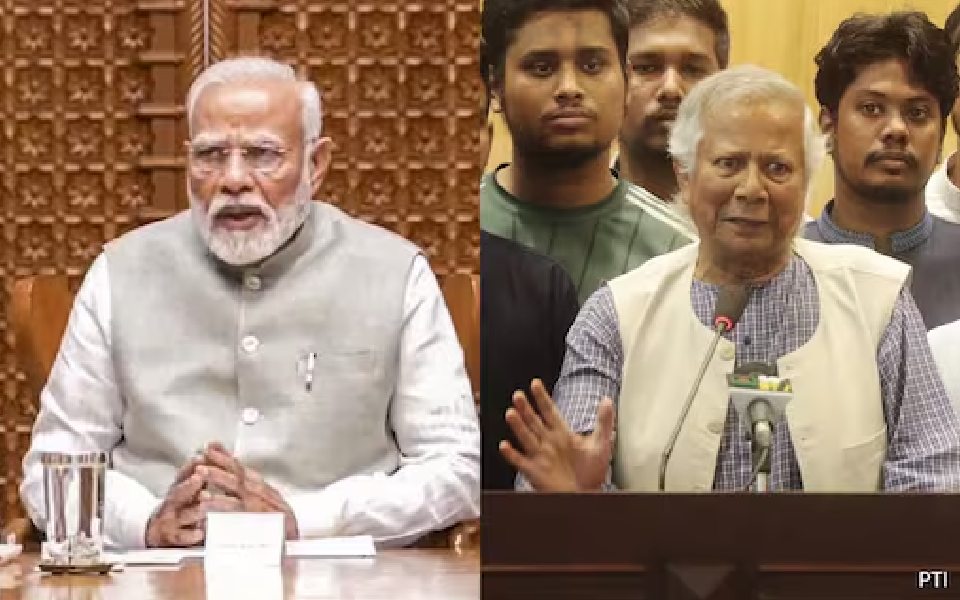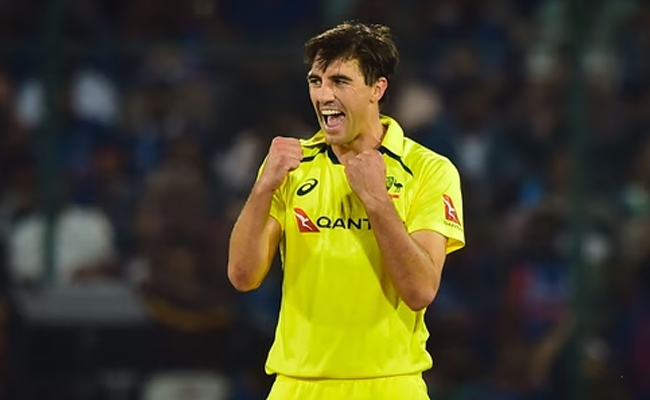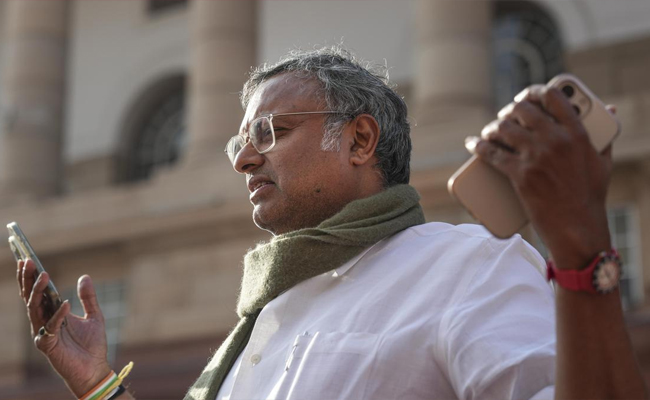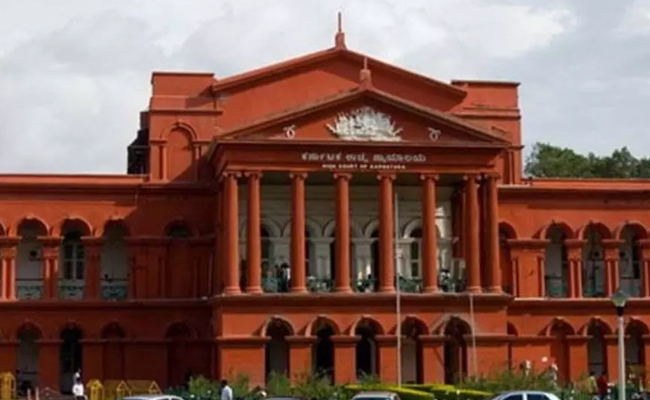New Delhi, Aug 16: Muhammad Yunus, the chief adviser to the interim government in Bangladesh, called up Prime Minister Narendra Modi on Friday, assuring protection, safety and security of Hindus and all other minorities in his country.
This is the first conversation between Modi and Yunus after he assumed the responsibility following the fall of the Sheikh Hasina-led government.
Modi said in a post on X that he reiterated India's support for a democratic, stable, peaceful and progressive Bangladesh.
He said, "Received a telephone call from Professor Muhammad Yunus, @ChiefAdviserGoB. Exchanged views on the prevailing situation. Reiterated India's support for a democratic, stable, peaceful and progressive Bangladesh. He assured protection, safety and security of Hindus and all minorities in Bangladesh."
During the call, the prime minister reaffirmed India's support for a democratic, stable, peaceful and progressive Bangladesh, a statement issued by the Prime Minister's Office (PMO) said.
Modi emphasised India's commitment to supporting the people of Bangladesh through various development initiatives.
The prime minister also underlined the importance of ensuring the safety and protection of Hindus and all other minority communities in Bangladesh, the statement said.
Yunus, in turn, assured that the interim government would prioritise protection, safety and security of Hindus and all minority groups in Bangladesh, it said.
The two leaders also discussed ways to take the bilateral relationship forward in line with the respective national priorities.
The prime minister had in his Independence Day address on Thursday voiced concern over the safety of Hindus and other minorities in Bangladesh.
"As a neighbouring country, I can understand the concern regarding whatever has happened in Bangladesh. I hope that the situation there will become normal soon," he had said.
"In particular, the concerns of 140 crore countrymen is that the safety and security of Hindus and minorities there is ensured. India always wants that the neighbouring country marches on the path of peace and prosperity," Modi had said.
Received a telephone call from Professor Muhammad Yunus, @ChiefAdviserGoB. Exchanged views on the prevailing situation. Reiterated India's support for a democratic, stable, peaceful and progressive Bangladesh. He assured protection, safety and security of Hindus and all…
— Narendra Modi (@narendramodi) August 16, 2024
Let the Truth be known. If you read VB and like VB, please be a VB Supporter and Help us deliver the Truth to one and all.
New Delhi (PTI): At least 10 flights were cancelled and more than 270 flights were delayed at the Delhi airport due to fog and low visibility conditions on Tuesday.
An official said 6 arrivals and 4 departures have been cancelled for the day.
ALSO READ: Central laboratory confirms avian flu outbreak in parts of Alappuzha, Kottayam districts
Over 270 flights have been delayed and the average delay time for departures is 29 minutes, as per information available on flight tracking website Flightradar24.com.
"Visibility at the airport is improving; however, flight departures for certain destinations may experience delay," Delhi airport operator DIAL said in a post on X.
The Indira Gandhi International Airport (IGIA) in the national capital handles around 1,300 flight movements daily.





